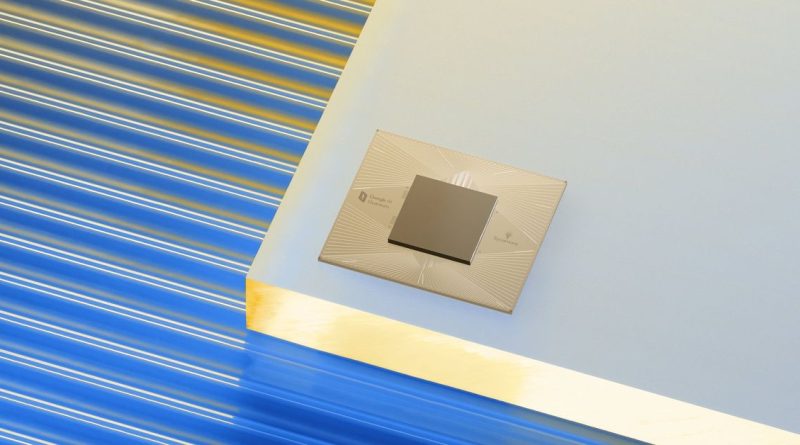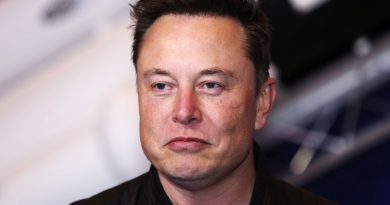Google wants to build a useful quantum computer by 2029
Google is aiming to build a “useful, error-corrected quantum computer” by the end of the decade, the company explained in a blog post. The search giant hopes the technology will help solve a range of big problems like feeding the world and climate change to developing better medicines. To develop the technology, Google has unveiled a new Quantum AI campus in Santa Barbara containing a quantum data center, hardware research labs, and quantum processor chip fabrication facilities. It will spend billions developing the technology over the next decade, The Wall Street Journal reports.
The target announced at Google I/O on Tuesday comes a year and a half after Google said it had achieved quantum supremacy, a milestone where a quantum computer has performed a calculation that would be impossible on a traditional classical computer. Google says its quantum computer was able to perform a calculation in 200 seconds that would have taken 10,000 years or more on a traditional supercomputer. But competitors racing to build quantum computers of their own cast doubt on Google’s claimed progress. Rather than taking 10,000 years, IBM argued at the time that a traditional supercomputer could actually perform the task in 2.5 days or less.

This extra processing power could be useful to simulate molecules, and hence nature, accurately, Google says. This might help us design better batteries, creating more carbon-efficient fertilizer, or develop more targeted medicines, because a quantum computer could run simulations before a company invests in building real-world prototypes. Google also expects quantum computing to have big benefits for AI development.
Despite claiming to have hit the quantum supremacy milestone, Google says it has a long way to go before such computers are useful. While current quantum computers are made up of less than 100 qubits, Google is targeting machine built with 1,000,000. Getting there is a multistage process. Google says it first needs to cut down on the errors qubits make, before it can think about building 1,000 physical qubits together into a single logical qubit. This will lay the groundwork for the “quantum transistor,” a building block of future quantum computers.
Despite the challenges ahead, Google is optimistic about its chances. “We are at this inflection point,” the scientist in charge of Google’s Quantum AI program, Hartmut Neven, told the Wall Street Journal, “We now have the important components in hand that make us confident. We know how to execute the road map.” Google’s eventually plans to offer quantum computing services over the cloud.




